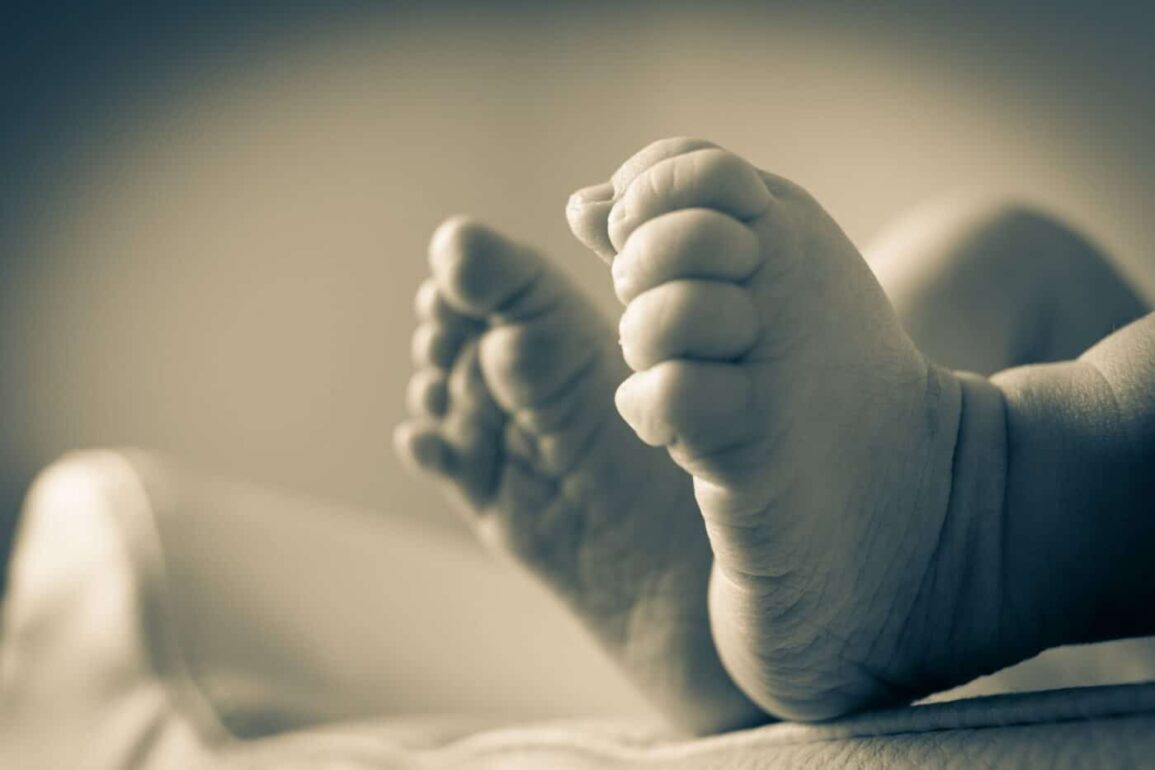It seems that abortion has become a “bone of contention”, a sign of contradiction. It often becomes the determining, defining element of political choices. Countries, and within them politics, entrench themselves in unassailable positions: either for or against. Perhaps this battle is most vividly experienced in the United States. Practically dividing the country into two portions: pro-life and pro-death, they are willing to fight over every millimeter of territory.
Sadly, last November 7, the territory where the “right to kill” exists was enlarged. A referendum determined to include in the Ohio State Constitution the “right to abortion”, which is introduced in Article 1, Section 22, under the title: “The right to reproductive freedom with protections for health and safety”. The wording of the article is sufficiently ambiguous to allow, with some discretionary conditions, the possibility of abortion up to the 9th month of pregnancy. In principle, the limit would be at the moment when the foetus is viable – that is, can live outside the womb – but if, in the doctor’s opinion, it is necessary to do so to protect the life or health of the mother, it can be done later. And let us not forget that, if health is also understood to mean “mental health”, everything fits into this budget.
And so, while states such as Texas, Missouri, Oklahoma, Utah, Idaho, Wyoming, North Dakota and South Dakota restrict access to abortion, others, such as Ohio, recognise it as a right in their constitution. But there is something fishy in the case of Ohio, because in that state abortion did not enter the way it usually enters: through a judicial decision -that is, by a small group of people who impose their particular ideology-, or through a parliamentary debate -more difficult, because the group pushing for abortion must be larger-. In these cases, however, the decisions usually do not represent the way of thinking of the majority, of ordinary people, but of an activist group or a small intellectual elite that manages to control the mechanisms of power. But in Ohio this was not the case, as abortion entered through the front door, through a referendum, thus showing unequivocally that the majority of its inhabitants support it and endorse the culture of death.
This fact alone represents a defeat for civilisation, for humanism, for the dignity of the person, which becomes a dead letter, once the right to live presupposes the participle “wanted”. It means that most people are ready to use violence – abortion is a violent act – against the innocent to solve their problems. The spiritual x-ray of this state thus shows how a mentality contrary to the value of human life and the dignity of the person has taken root. It shows, incontrovertibly, that those of us who defend life are in the minority, which is a real eclipse of civilisation. In a short space of time, we have returned to paganism and thrown two thousand years of Christian culture into the dustbin; once again life is worthless.
The Roe v. Wade ruling was at the time a real coup d’état by a skilfully organised activist minority. Its recent overturning forced society in the United States to come clean, taking a stand for or against life. In this context, two pillars of American culture collide: pragmatism, which seeks the easiest and simplest way to solve problems, without causing major moral complications, with the Christian roots of its culture, thanks to which “all are equal before the law” (Universal Declaration of Human Rights, n. 7), a fundamental presupposition of any self-respecting democracy. The practical vs. the value of the individual.
Certainly, we lost a battle, not the war. But we also discovered, to our horror, how the roots of the “culture of death” run deep. It is not just a matter of showing scientific evidence that the embryo and foetus are living beings of the human species, as the Pope suggests, but a real cultural battle, and of laying the foundations of a civilisation that recognises and respects human dignity.










